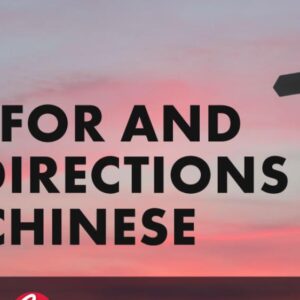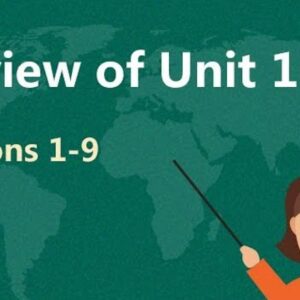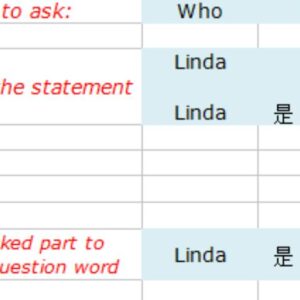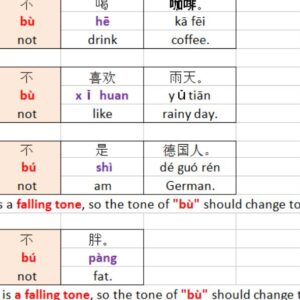In the present illustration, you will figure out how to get some information about one’s age in Chinese.
Dialogue
Lily, how old are you? |
Listen |
|
||||||||||||||||
I’m 23 years old. And you? |
Listen |
|
||||||||||||||||
I’m 27 years old. |
Listen |
|
Liqiang, how old are you? |
Listen |
|
||||||||||||||||
I’m 30 years old. And you? |
Listen |
|
||||||||||||||||
I’m 25 years old. |
Listen |
|
Grandma, how old are you? |
Listen |
|
||||||||||||||||||
I’m 62 years old. |
Listen |
|
Vocabulary
| 大 | dà | adj. | big |
| 岁 | suì | n. | years of age |
| 岁数 | suì shu | n. | age number (For the elderly person) |
| 奶奶 | nǎi nai | n. | grandma on your father’s side |
Grammar
| How to ask one’s age in Chinese? | ||||||||||||||||||||
| To ask an adult’s age | ||||||||||||||||||||
|
||||||||||||||||||||
| To ask an elderly person’s age | ||||||||||||||||||||
|
||||||||||||||||||||
| Using “多 (duō) + adjective“ to form a question | ||||||||||||||||||||||||
| In this lesson, we learnt to use 多(duō) plus 大 (dà) to ask about one’s age, and we can actually use 多(duō) plus different adjectives to make various questions such as: | ||||||||||||||||||||||||
|
||||||||||||||||||||||||
Expansion
| How to ask about a child’s age in Chinese? | |||||||||||||||
| To ask about the age of a kid (usually less than 10 years old), we don’t use 多大 (duō dà) to ask about their ages any more, instead, we use 几岁(jǐ suì)。 | |||||||||||||||
|
|||||||||||||||
|
|||||||||||||||
| 几(jǐ) here is a question word which means how many. In lesson 16, we learnt how to ask for one’s phone number, that is “nǐ de diàn huà hào mǎ shì duō shǎo?” Here 多少 (duō shǎo) also means how many. But 几(jǐ) is often used to ask the number which is less than 10. So when asking the age of an adult, you can’t ask “nǐ jǐ suì?” which is only used to ask a child’s age. | |||||||||||||||
| *Make a comparison | |||||||||||||||
|
|||||||||||||||
|
|||||||||||||||
|
|||||||||||||||




